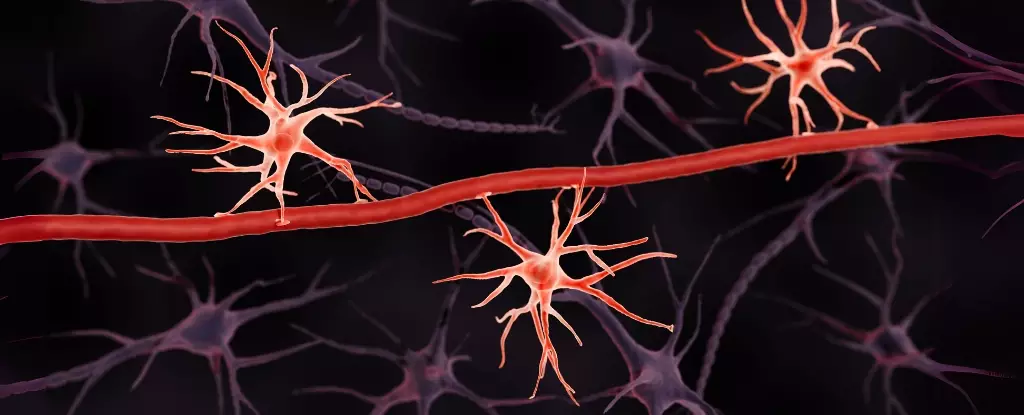Recent findings from Case Western Reserve University (CWRU) unveil a groundbreaking drug aimed at combating neurodegenerative diseases, particularly Alzheimer’s. This novel medication, which targets inflammation in the brain and enhances the blood-brain barrier, presents a fresh perspective on treating age-related cognitive decline. According to pathologist Sanford Markowitz, this research represents a significant shift in the landscape of Alzheimer’s treatment, as it delves into previously unexplored pathways rather than merely focusing on the well-known culprit: amyloid proteins.
A Different Approach to Brain Health
Traditionally, Alzheimer’s treatments have fixated on reducing amyloid levels—proteins that, when they clump together, have been associated with neurodegeneration. However, as Markowitz cleverly articulates, these existing therapies have often proven ineffective and associated with a myriad of side effects. The newly identified immune protein, 15-PGDH, offers a promising alternative by actively safeguarding the blood-brain barrier, a critical protective layer that shields the brain from harmful substances in the bloodstream. This immune approach diverges from conventional strategies, making it a compelling prospect for enhancing brain health and cognitive function without the debilitating trade-offs.
The Significance of the Blood-Brain Barrier
The blood-brain barrier plays a crucial role in maintaining the brain’s homeostasis, filtering out potential threats such as toxins, bacteria, and viruses. Its impairment could act as a harbinger for conditions like Alzheimer’s disease. Research conducted by physiologist Yeojung Koh and his team sheds light on this dynamic barrier, revealing elevated levels of the enzyme 15-PGDH in both aging mice and humans exhibiting neurodegeneration. Intriguingly, their innovative drug, SW033291, shows promise in blocking this enzyme, thereby preserving the barrier’s integrity and mitigating cognitive decline post-trauma.
Promising Results in Animal Models
Animal studies have shown astounding success, with treated mice displaying no signs of neurodegeneration, and their cognitive faculties intact, even after experiencing brain injuries. Neuroscientist Andrew Pieper from CWRU highlights the significance of these findings, which demonstrate a powerful ability to preserve both memory and cognitive function. The drug’s potential to maintain the blood-brain barrier undamaged embodies a monumental leap forward in neuroprotective strategies, which could reshape how we approach Alzheimer’s and other neurodegenerative diseases.
Addressing a Global Crisis
With an alarming rate of nearly 10 million new dementia cases reported each year worldwide, the urgency for innovative treatment methods cannot be overstated. Families are grappling with the emotional and financial toll of caring for loved ones facing cognitive decline. The persistent quest for effective solutions is not just scientific; it is deeply personal for many. Koh and his colleagues underline the imperative of this research, indicating that 15-PGDH not only acts as a guardian of the blood-brain barrier but also represents a vital target for therapeutic development against neurodegeneration.
As the scientific community delves deeper into this promising avenue, there’s hope for a future where interventions can proactively safeguard brain health and enhance the quality of life for millions.

